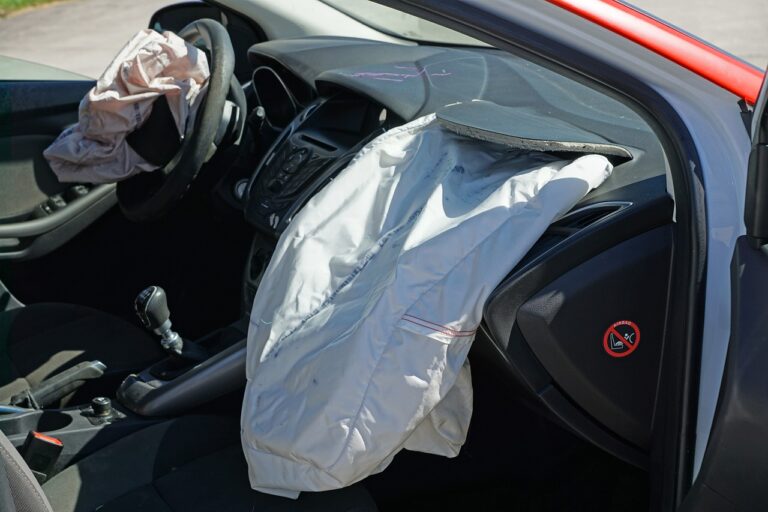If the eyes are the window to the soul, then we should probably take good care of them! The Vision Council agrees, which is why they started National Sunglasses Day to celebrate the importance of wearing sunglasses to protect our eyes from the sun’s ultraviolet (UV) rays. National Sunglasses Day occurs annually on June 27 and is a social media awareness campaign to get consumers to practice “safe-sun behavior” by wearing sunglasses throughout the year.
While all sunglasses certainly make some sort of fashion statement—check out the hashtag #NationalSunglassesDay for some great pictures of social media users donning their sunglasses—do all sunglasses help protect our eyes?
Let’s learn more about what specific things you should be looking for when you purchase a pair of sunglasses and how not wearing sunglasses can do real damage to your eyes.
WHAT KIND OF SUNGLASSES ARE ACTUALLY EFFECTIVE?
Sunglasses come in a wide variety of shapes, styles, and sizes, but which ones help protect your eyes from harmful ultraviolet rays? The best sunglasses to buy are ones that have 100% UV protection or UV 400 protection. Typically, there will be a sticker on the sunglasses lens that indicates whether it has this quality.
Most high-quality sunglass brands like Ray-Ban and Oakley will offer 100% UV protection, but it doesn’t necessarily mean that you must pay a lot of money for the same protection. In fact, it’s not that surprising to find a pair of $5 sunglasses with a 100% UV protection sticker. The reason why name-brand sunglasses are more expensive is usually because of the stylish frames or the high-quality lenses that have less glare. In other words, don’t worry if you can’t afford the department store brands—you can still protect your eyes with less expensive shades.
Also, be sure to not confuse UV protection with dark lenses. Just because a pair of sunglasses have dark lenses does not mean that it protects against the sun’s harmful rays. Also, a pair of sunglasses with dark lenses and no UV protection can actually expose your eyes to more damage because your pupils will be more dilated when wearing them.
WHAT HAPPENS IF I DON’T WEAR SUNGLASSES?
Although it might seem harmless not to wear sunglasses when you go outside, years of exposure to sunlight can cause cancer of the eye or eyelid and can accelerate conditions like cataracts or macular degeneration. In the short term, exposure to the sun can also cause swollen eyes or hypersensitivity to light.
Have you or a loved one contracted an eye condition despite years of wearing UV-protected sunglasses? You may have a potential legal case in Georgia. Contact the Fry Law team, personal injury attorneys, at (404) 948-3571 to set up a legal consultation today.




